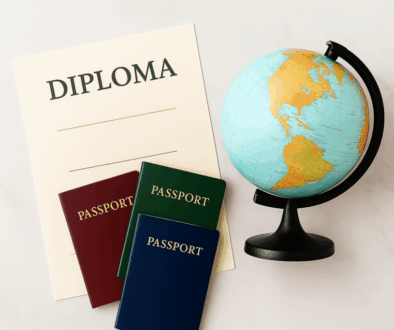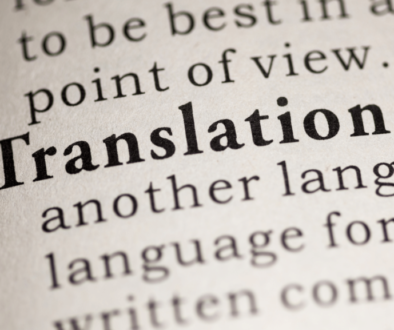However, the diversity of educational systems and languages poses a significant challenge for admissions offices and academic evaluators. One crucial aspect of this challenge is the translation of academic documents and certificates from various languages into the language of the institution’s instruction. This process is vital for ensuring the credibility and authenticity of the applicants’ credentials.
Major educational institutions, whether universities, colleges, or schools, face the daunting task of accurately interpreting and evaluating academic documents from a wide range of linguistic and educational backgrounds. These institutions often receive transcripts, diplomas, certificates, and other academic records in languages unfamiliar to their staff. As such, the need for proficient translation services becomes paramount.
Translation of academic documents involves more than mere linguistic conversion; it requires a deep understanding of educational systems, grading scales, and terminology specific to different countries. Each educational system has its unique features, and translating academic documents involves not only rendering text into another language but also ensuring that the content accurately reflects the educational achievements and qualifications of the applicant.
Moreover, academic institutions must prioritize the authenticity and integrity of translated documents. Admissions offices rely on these translations to make informed decisions about applicants’ eligibility and academic preparedness. Therefore, partnering with reputable translation agencies or employing qualified translators with expertise in educational translation is essential.
Additionally, the translation process must adhere to strict confidentiality and data protection standards. Academic documents contain sensitive information about individuals’ educational histories, and institutions must ensure that this information remains secure throughout the translation process.
The significance of accurate translation extends beyond the admissions process. Once enrolled, international students may require translated documents for various purposes, such as applying for scholarships, transferring credits, or seeking employment opportunities. Providing ongoing translation services ensures that international students can navigate the academic landscape smoothly and access the same opportunities as their domestic counterparts.
Furthermore, as educational institutions strive to foster inclusivity and diversity, accommodating students from diverse linguistic backgrounds becomes imperative. Offering translation services demonstrates a commitment to supporting internationalization efforts and creating an inclusive learning environment where all students feel valued and understood.
In conclusion,

The translation of academic documents and certificates is a critical component of the admissions process for major educational institutions. It involves more than linguistic conversion, requiring an understanding of diverse educational systems, adherence to strict confidentiality standards, and a commitment to inclusivity. By prioritizing accurate and authentic translations, educational institutions can effectively evaluate applicants’ credentials and provide essential support to international students throughout their academic journey.




